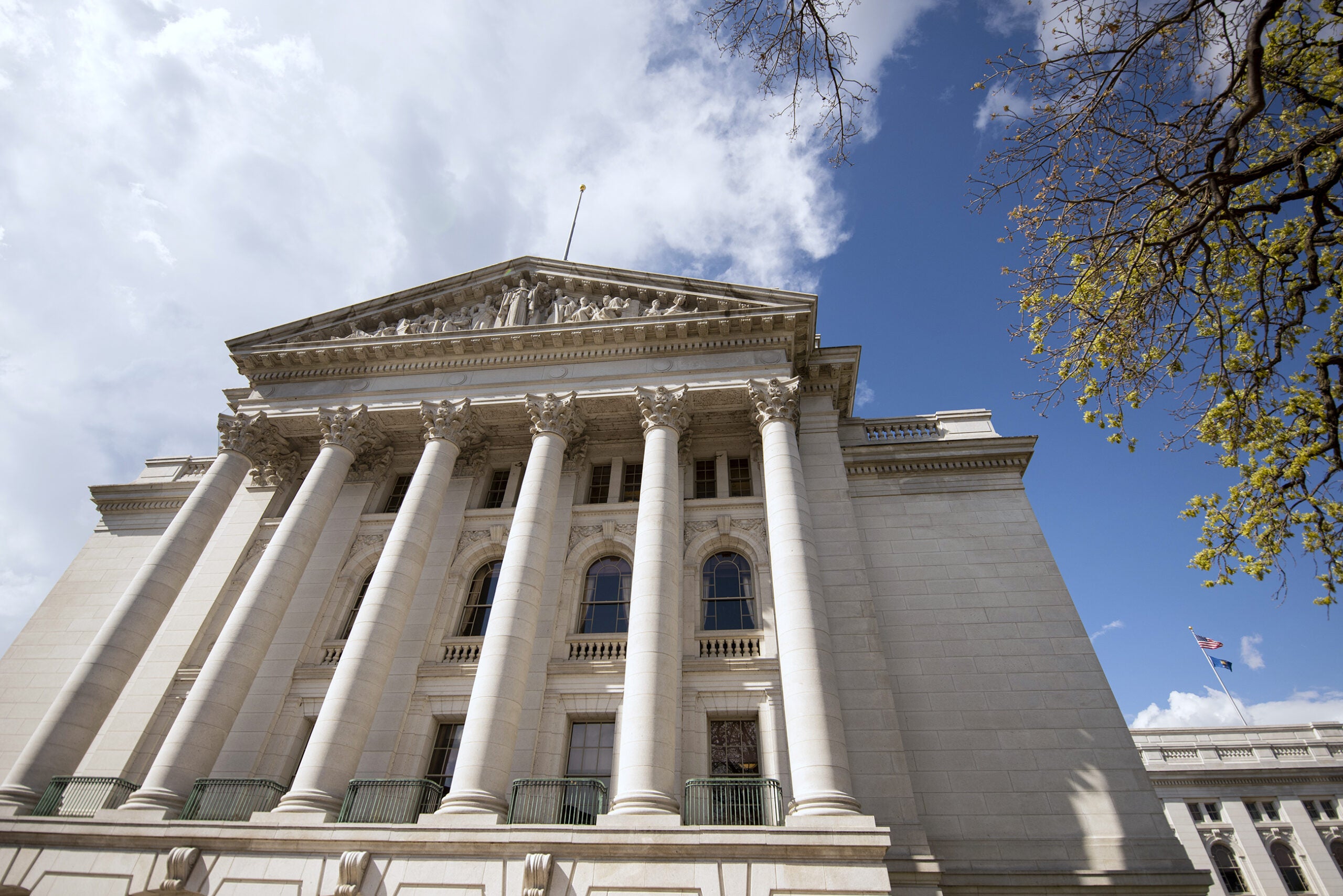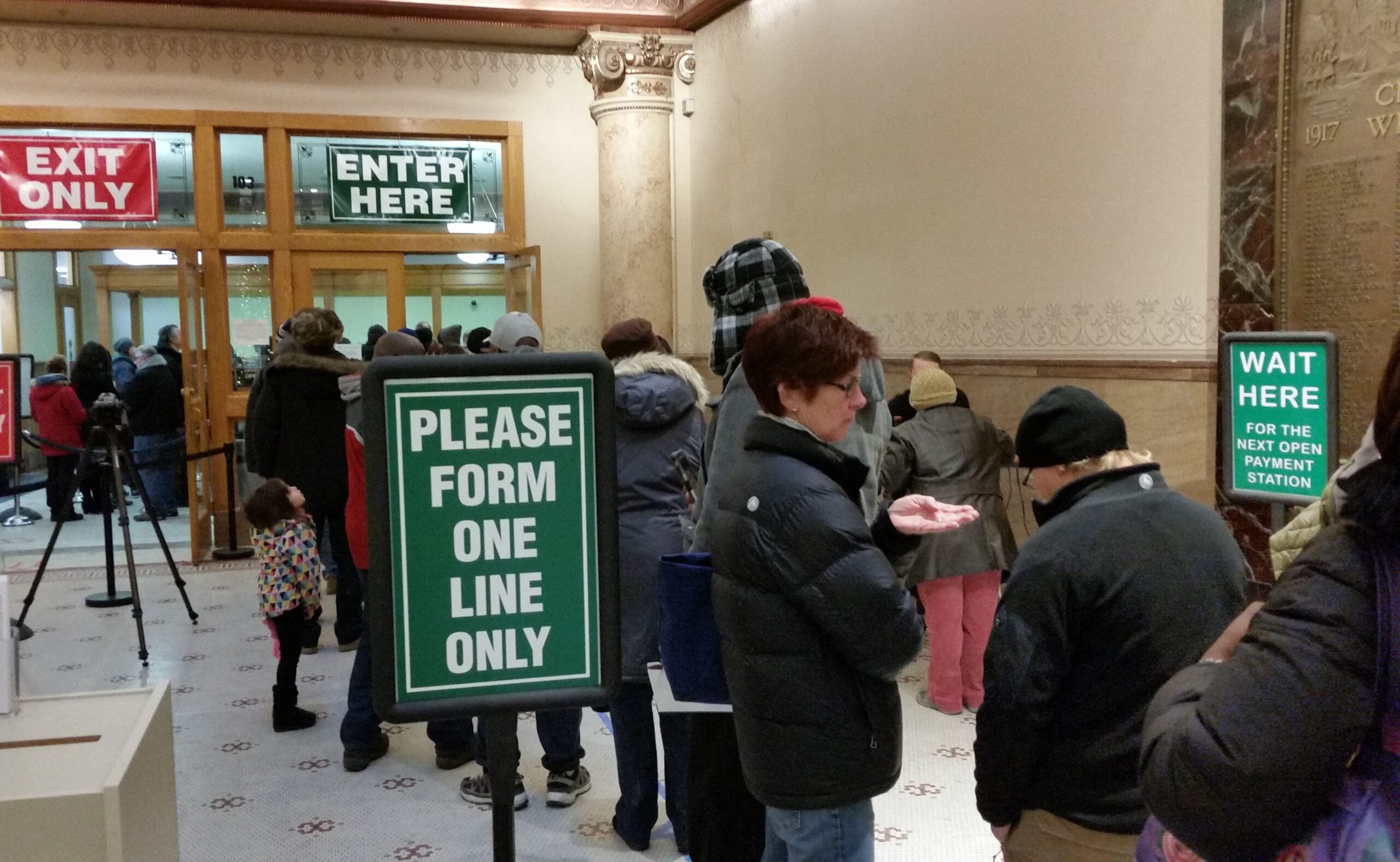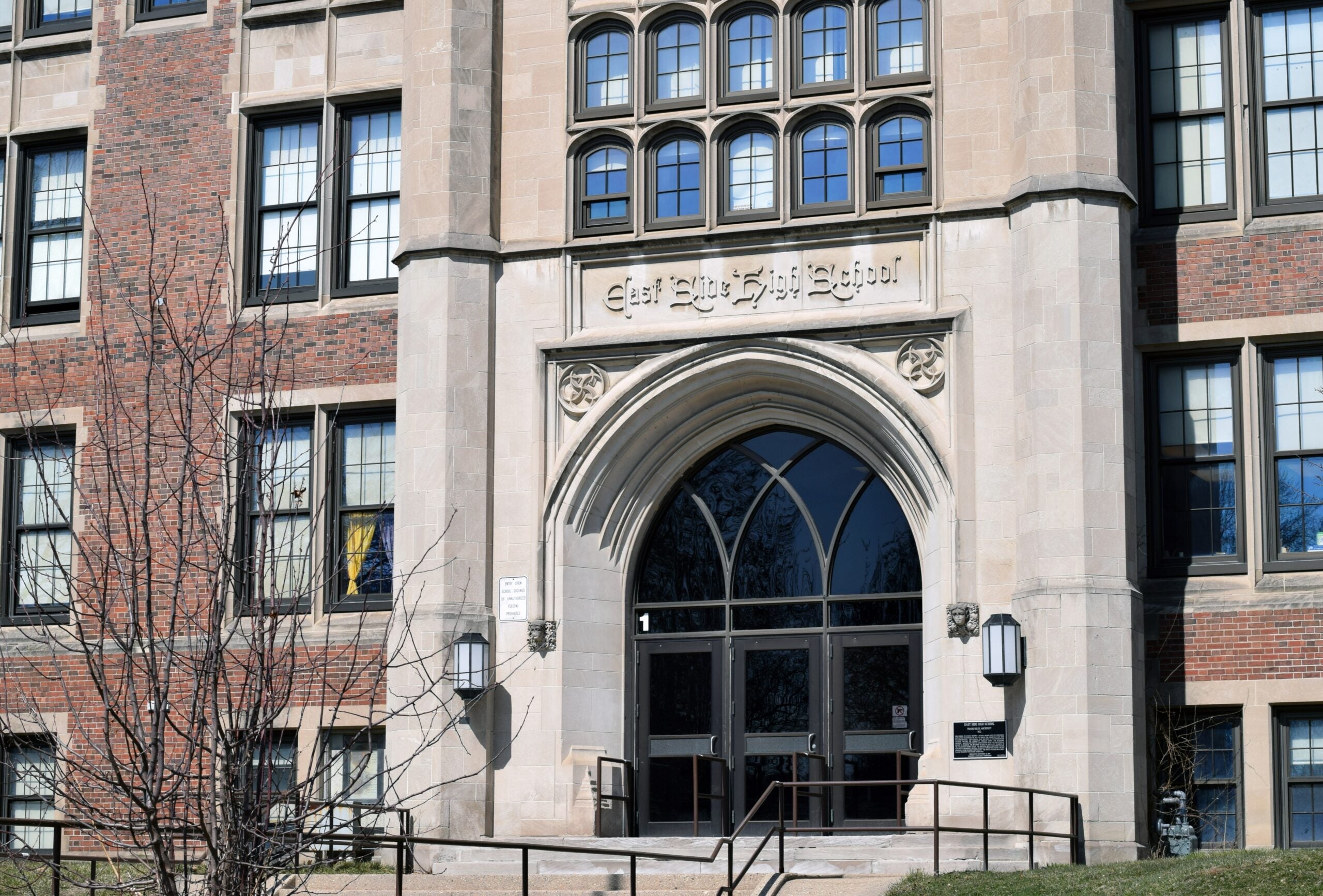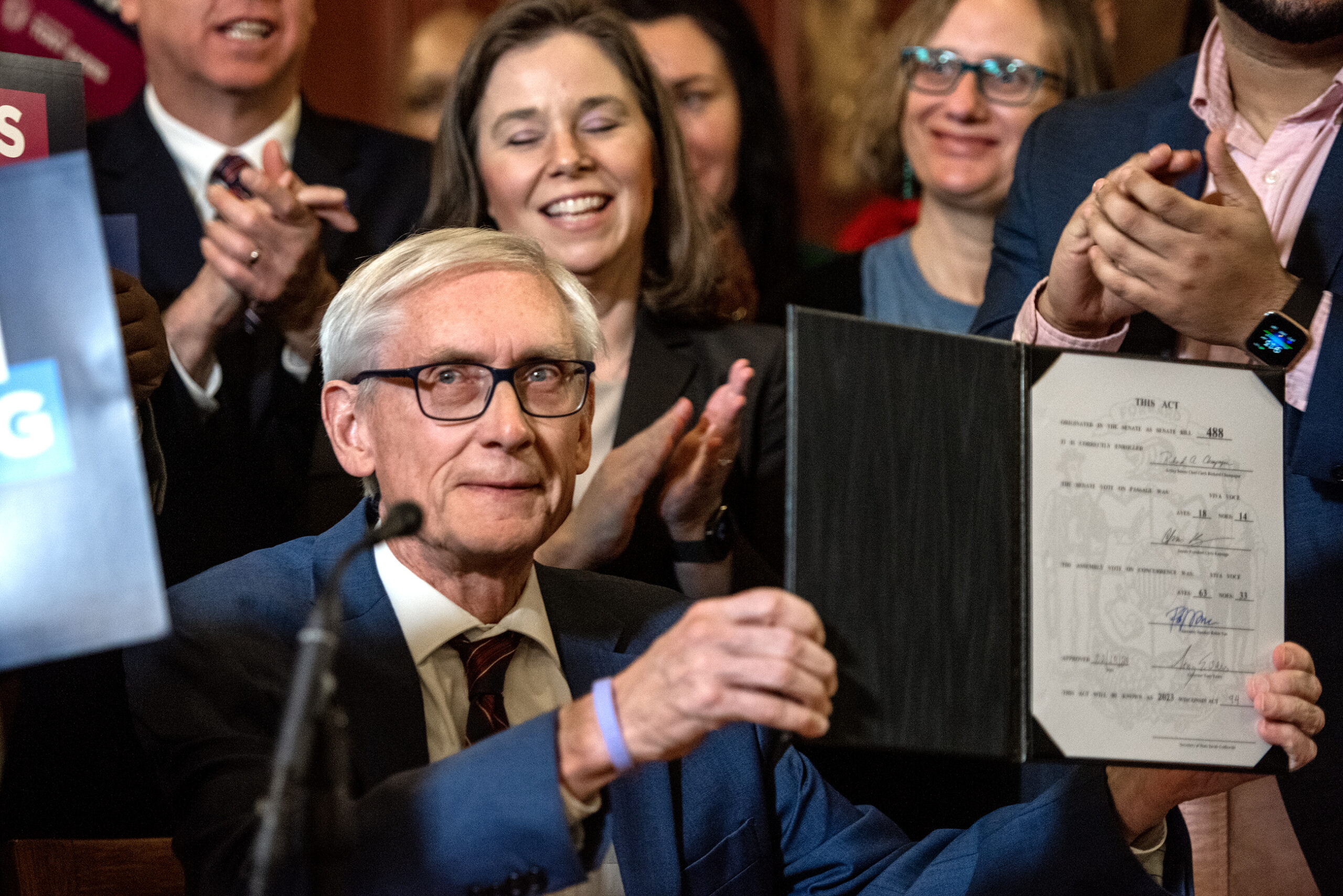A plan that would eliminate taxes on business property passed the Legislature’s finance committee Wednesday, but its future remained linked to funding in the state budget and the prospect of a governor’s veto.
The phaseout of the so-called personal property tax has long been a priority of Wisconsin’s business lobby, whose members pay the tax on a wide variety of equipment. Republicans scaled it back when they held both the Legislature and the governor’s office in 2017, exempting machines and tools from the personal property tax. But they never completely eliminated it, meaning a wide variety of businesses still paid the tax on a variety of property, including furniture, fixtures and equipment.
Part of the hold up is that local governments, not the state, rely on the tax revenue, meaning local officials would either have to cut back services or increase property taxes on homeowners to make up the difference.
News with a little more humanity
WPR’s “Wisconsin Today” newsletter keeps you connected to the state you love without feeling overwhelmed. No paywall. No agenda. No corporate filter.
Under the plan that passed the budget committee Wednesday, state government would make up the difference, but there’d be an added twist to how that repayment would happen. Instead of the state automatically reimbursing local governments for lost revenue, the funding would be parked in an account controlled by the budget committee, which is run by Republicans.
Democrats said that raised the prospect that GOP lawmakers could withhold reimbursements to local governments that are already struggling to pay their bills.
“I would be OK with repealing the personal property tax if this game — if this maneuver that Republicans are using this time and haven’t used in previous repeals — was not in place,” said Rep. Evan Goyke, D-Milwaukee. “But put the funding in jeopardy or in delay or uncertainty, then I’m going to vote no.”
But Republicans said they wrote the bill that way because of the prospect that Democratic Gov. Tony Evers could use his partial veto to spend the funding elsewhere.
“In the past we had a governor that supported repealing the personal property tax, and I’m not convinced that now we have a governor that does support repealing the personal property tax,” said Sen. Duey Stroebel, R-Saukville. “To avoid the risk of a line-item veto, this is the only mechanism we have to do it.”
The measure passed on a bipartisan 11-3 vote with Sen. Jon Erpenbach, D-West Point, joining Republicans in supporting the plan. It has yet to pass the full Assembly or Senate.
Evers’ office did not immediately respond to an email requesting comment on the plan.
The governor has also been relatively quiet about the $3.4 billion tax cut Republicans added to the budget last week, which included $202 million to offset the elimination of the personal property tax.
Evers, who has been especially critical of Republicans for largely disregarding his proposed education spending plan, has not ruled out vetoing the entire budget. But Wisconsin’s governor has one of the nation’s most powerful partial vetoes, which could help Evers adjust major pieces of the budget to make it more to his liking.
Editor’s note: A previous version of this story referenced a 2017 change that eliminated the personal property tax for manufacturing machines and tools. The story was updated to reflect that the change applied to machines and tools not associated with manufacturing.
Wisconsin Public Radio, © Copyright 2025, Board of Regents of the University of Wisconsin System and Wisconsin Educational Communications Board.







